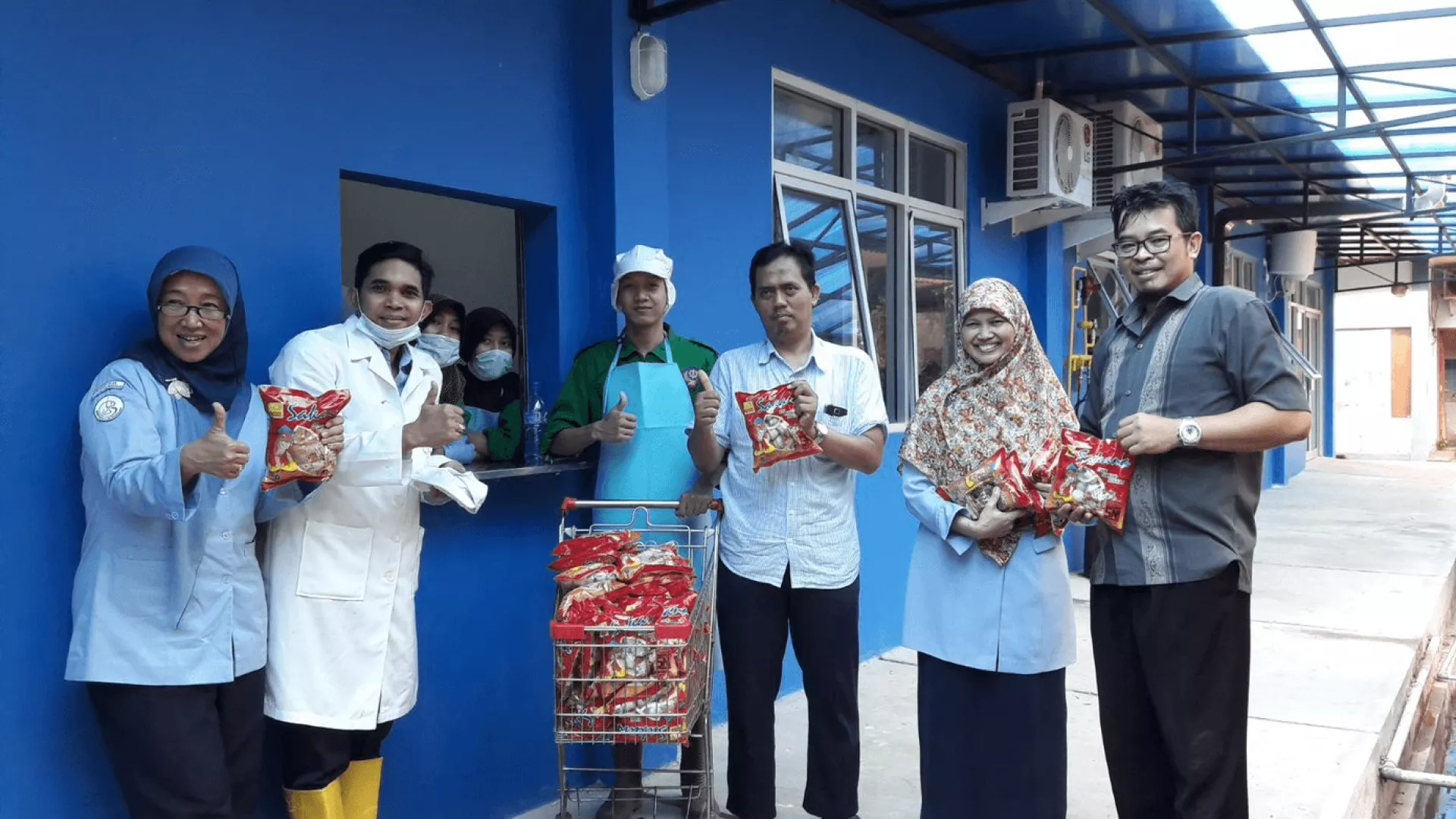
Impact and results of the Orange Knowledge Programme
The Orange Knowledge Programme (OKP) was a €260 million global development programme aimed at strengthening professionals and organisations through education and training. Nuffic awarded almost 11,000 individual scholarships , 529 training grants and 65 project grants to knowledge institutes in 53 countries. Discover more of its transformative impact.
Seven years of collaboration with the Orange Knowledge Programme

Intensive collaboration with knowledge providers in our partner countries and the Netherlands has made the Orange Knowledge Programme a success. This overarching report 2017-2024 offers insight into the programme’s achievements and includes key findings and highlights. The information in the report is based on data on project and programme levels and further background information from the annual reports of the OKP from 2017 to 2024.
Impact Pocket Guide
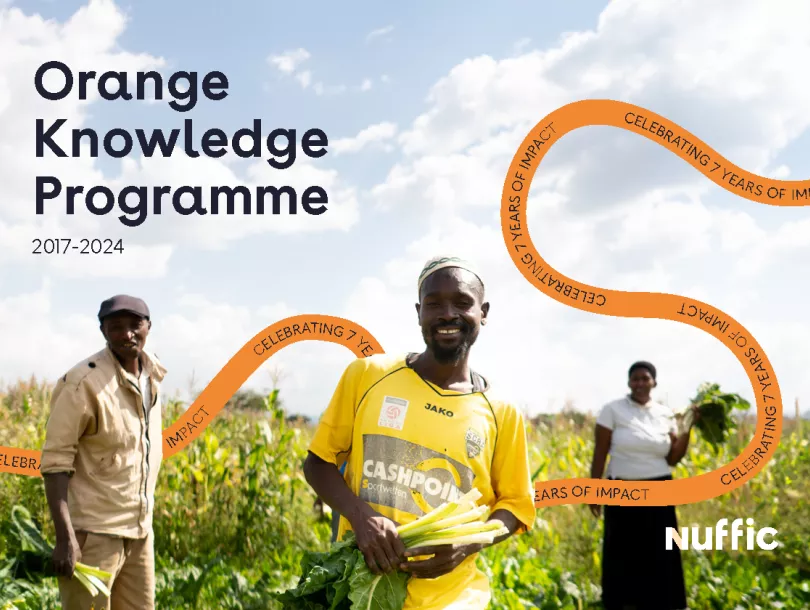
The Orange Knowledge Programme is celebrating 7 years of impact, partnerships and change makers. In this pocket guide to the impact of the Orange Knowledge Programme (13.34 MB), we take you along on our journey and share how orange knowledge has connected us all while giving you an overview of the results and impact.
OKP Scholarships Tracer Study
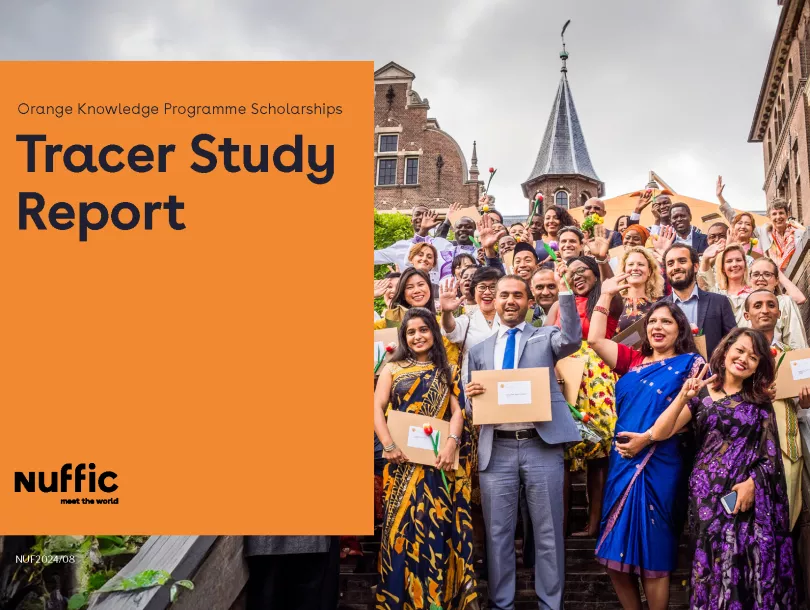
In 2024, Nuffic carried out a tracer study to assess the mid- to long-term effects of the Orange Knowledge Scholarships on professional development and organisational strengthening in the partner countries. Read the results of this study in our tracer study report.
Annual reports
Discover the transformative impact of the Orange Knowledge Programme through data and stories of empowerment, innovation, and progress in our captivating annual reports:
Articles
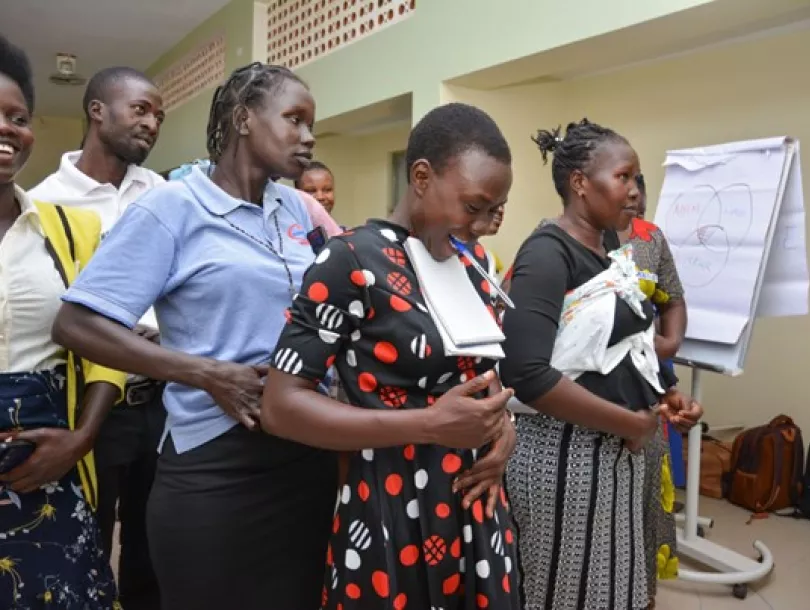
Learn more about the people and projects of the Orange Knowledge Programme through interviews and articles.
Individual progress reports
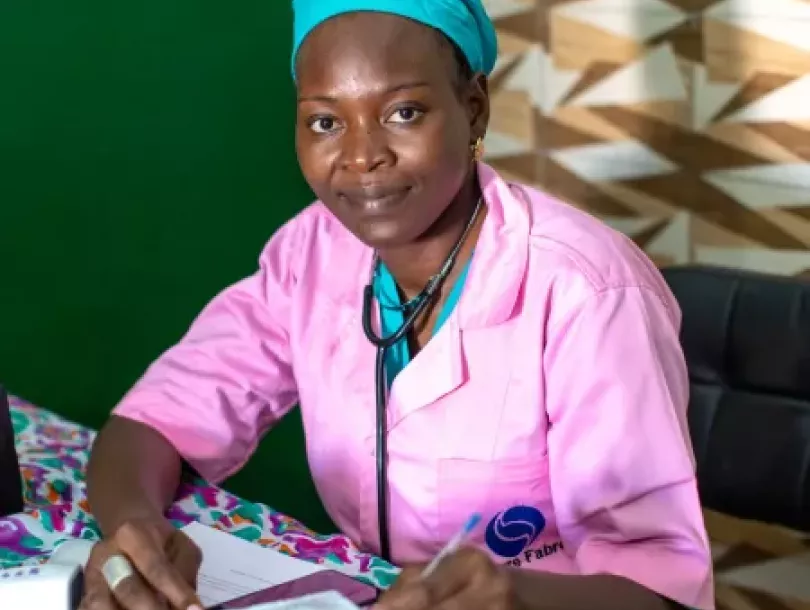
The Orange Knowledge Programme used AkvoRSR to report both progress and impact. Akvo is a dynamic tool in which you can track results of 65 projects, and more than 400 group training initiatives!
More about the Orange Knowledge Programme
The Orange Knowledge Programme was a Dutch funding programme, based on the Netherlands’ development cooperation policy. From 2017 - 2024, the programme was offered in 55 countries and has empowered over 10,000 individuals through scholarships, conducted over 500 tailor-made trainings, and built lasting partnerships and educational change through 65 institutional collaboration projects. The combination of these activities strengthened human capital at an individual, organisational and institutional level.
The programme focused on 4 sectors that are vital for development: Sexual & Reproductive Health & Rights, Security & Rule of Law, Water, and Food & Nutrition Security. In addition, gender equality and inclusion, youth, employability, climate resilience and digitalisation had a special focus as cross-cutting themes throughout the entire programme
Overall, the programme contributed to societies’ social and economic development by strengthening knowledge and skills of professionals and organisations. This was achieved through focusing on education. Key to the programme was the joint knowledge collaboration between Dutch and local partners, which made educational change happen.
Throughout the years, the programme was active in Afghanistan, Albania, Armenia, Bangladesh, Benin, Bhutan, Bolivia, Burkina Faso, Burundi, Cambodia, Colombia, Congo (DRC), Cuba, Egypt, Ethiopia, Georgia, Ghana, Guatamala, Guinea, India, Indonesia, Iraq, Jordan, Kenya, Lebanon, Liberia, Mali, Mozambique, Niger, Nigeria, North Macedonia, Mozambique, Myanmar, Nepal, Nicaragua, Niger, Nigeria, Pakistan, Palestinian Territories, Peru, Philippines, Rwanda, Senegal, Somalia, South Africa, Sudan, South Sudan, Sri Lanka, Sudan, Suriname, Tanzania, Thailand, Tunisia, Uganda, Vietnam, Yemen, Zambia and Zimbabwe.